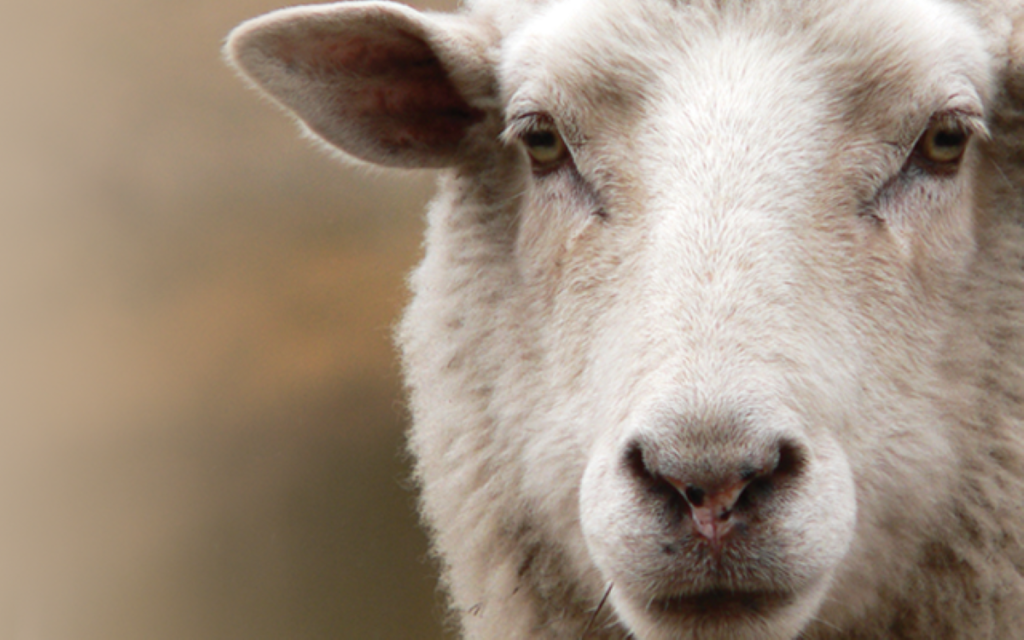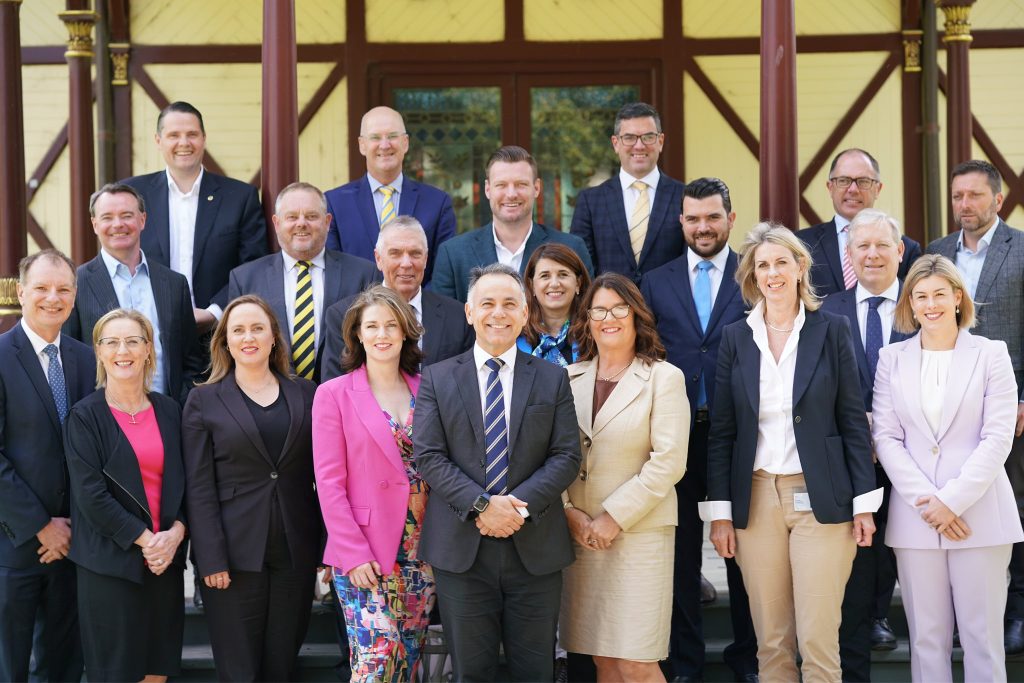Being Libertarian About Abortion
Libertarians are somewhat like socialists and communists: while they agree on broad principles (such as low taxes and small government), they argue endlessly about the details. How low should taxes be? Should roads be privatised? Should the gold standard return? Is a social safety net needed?
In America, American libertarians also argue endlessly about abortion. It is at times an election issue, especially since the US Supreme Court decided it is a state responsibility. But unlike on other issues, arguments are often based on emotion rather than libertarian values. Indeed, there can be an unwillingness to admit there is more than one viewpoint.
Abortion is not an election issue in Australia and non-libertarians rarely debate it. Yet Australian libertarians, who take their debating cues from America, repeatedly clash over it. And just as in America, the debate can be notable for bigotry and the absence of libertarian fundamentals.
The two sides are broadly referred to as pro-choice and pro-life. That is, the pro-choice side takes the side of women, while the pro-life takes the side of the embryo or foetus.
Block considers a woman’s uterus as her property and an unwanted foetus as a “trespasser or parasite”, even while lacking the will to act.
The pro-life position is straightforward – life begins at conception and must never be deliberately terminated. Strictly applied, this includes children conceived through rape, incest and, of course, contraceptive failure. And obviously there are no exceptions for malformed foetuses.
The belief that an embryo is entitled to the same rights at conception as a born human is not based on libertarianism; rather, it is based in faith. It has long been the policy of the Catholic Church, for example, although some other faiths hold the same view. Once accepted, libertarian values can certainly be applied. For example, libertarians oppose capital punishment on the basis that no state should have the power to kill a human being, so it follows that it should not sanction the killing of unborn children.
The pro-choice position can equally have a non-libertarian starting point. The claims that children should always be wanted, for example, or that women denied a legal termination will often seek one that is illegal, do not derive from libertarian thinking.
The libertarian argument is that women are entitled to agency over their own bodies. That is, it should be their choice whether to incubate a foetus. It is called self-ownership; the same argument against compulsory Covid vaccinations and in support of voluntary assisted dying. If somebody else can make decisions about your body, in a sense you are a slave.

Non-libertarian views are not invalid solely for that reason, and they can of course be sincerely held, but it is important to know what they are.
Things get especially complicated when abortion occurs after the foetus is capable of surviving outside the woman’s body. That is a function of medical technology; currently about 10% of premature babies survive when born at 22 weeks’ gestation, and 40% at 24 weeks. As technology advances, survival rates increase.
Although premature births are common, abortions in late pregnancy are not, mostly prompted by the baby having significant developmental abnormalities. The libertarian question is, who has the right to decide whether the pregnancy should be terminated: the parents who will be responsible for a severely disabled baby, the taxpayers who may end up paying for it, or some other person with particular moral values?
There is no easy answer to this. JS Mill’s harm principle, that “the only purpose for which power can be rightfully exercised over any member of a civilized community, against his will, is to prevent harm to others”, is difficult to apply. Whose harm matters more?
The belief that an embryo is entitled to the same rights at conception as a born human is not based on libertarianism; rather, it is based in faith.
The renowned American libertarian Walter Block has proposed a solution based on property rights, a value close to libertarian hearts. Called evictionism, it is based on Murray Rothbard’s view that “no being has a right to live, unbidden, as a parasite within or upon some person’s body”, meaning women are entitled to eject a baby from their body at any time.
Block considers a woman’s uterus as her property and an unwanted foetus as a “trespasser or parasite”, even while lacking the will to act. He believes a pregnant woman has the right to evict a foetus from her body since she has no obligation to care for a trespasser.
However, he also argues that nobody the right to kill a foetus, as murder is equally contrary to libertarian values, and hopes that others will care for evicted babies (in a process known as homesteading, or gaining ownership through appropriation) and ensure their survival.
Winning an argument requires a sound appreciation of the other side. When it comes to abortion, each side needs to understand when their arguments are libertarian.













